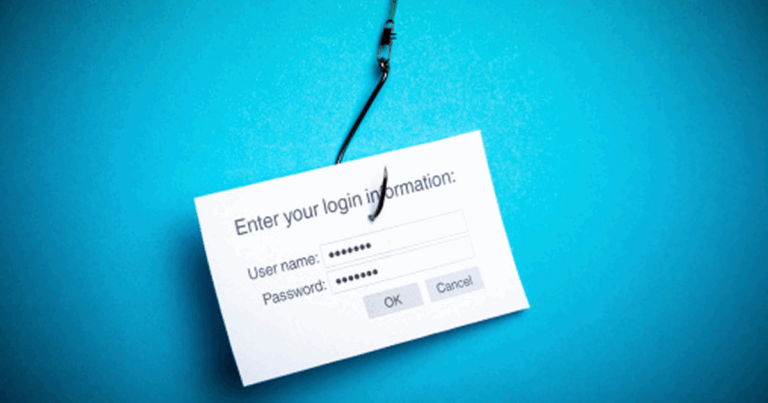Most of you have experienced this modern-age nuisance before: Your caller ID indicates that you’re getting a local call, perhaps from a neighbor, a friend or, in some cases, even your own telephone number. But when you answer, you discover you’ve been unsuspectingly roped into a sales pitch from someone out of state or even out of country. Or even worse, you’re on the line with a scammer looking to trick you into revealing your personal info so he or she can take advantage of you. So why did your caller ID indicate that the call was coming from your immediate area?
The practice is called “neighbor spoofing,” “phone number spoofing” or “caller ID spoofing,” and it’s one of the latest tricks scammers and unscrupulous salespeople are using to get you to answer your phone. It’s not generally the result of any entity, such as the local phone company, your mobile provider or a business you’ve patronized, selling your phone number. (FTC will never sell your personal information to third parties). Rather, in most cases, your phone number has been randomly targeted. And the tactic is often effective because seeing a local number on your caller ID can make answering the call hard to resist — after all, it could be your child’s school calling or maybe a neighbor who’s in a bind. But for many of us these days, it’s rarely one of these legitimate callers; instead it is someone who’s attempting to deceive you before you’ve even answered.
The History of Phone Number Spoofing
Caller ID spoofing has been in practice for years and it initially required that callers using it have a specialized digital phone connection. Some of its first users included collection agencies, law enforcement personnel and private investigators, all of whom used it to disguise their true identities when performing job-related tasks.
With the rise of the internet, the first mainstream caller ID spoofing service — a website that allowed calls’ true origin to be disguised via its web interface — was introduced in 2004. Since then, a number of similar services have popped up online and these services have been maliciously used for prank calls, purchase scams targeting sellers on websites such as eBay and Craigslist, political campaign calls and more. Today, often using readily available computer software, phone number spoofing has increased and is frequently used by telemarketers seeking to increase the chances that their targets will answer the phone.
Steps to Avoid Being Scammed
There are several easy ways to avoid being scammed or solicited by a phone number spoofer. Consider these tips from the Better Business Bureau and the Federal Communications Commission:
- The simplest way to avoid phone number spoofers is to not answer calls when you don’t recognize the number that’s calling. If a call is important, the caller will usually leave a message.
- Never provide personal or financial information to an unexpected caller or to any caller about whom you feel suspicious.
- Be aware that scammers could disguise calls so they appear to be coming from local businesses or institutions, including doctors’ offices, insurance agents or law enforcement. If you’re uncertain whether a call is legitimate, hang up and call the business or institution directly (via the number listed on your account statement, in the phone book or on the entity’s website) to verify the communication — especially if an unverified caller is requesting you provide your personal or financial information.
- Be especially cautious if you are being pressured to provide information immediately.
- If you use a voicemail service, be sure to set a password for retrieving your messages. (Some voicemail services allow access to anyone calling from your phone number — which a scammer could spoof to gain access to your messages).
- Put your number on the National Do Not Call Registry at www.donotcall.gov. While scammers are less likely to follow the rules and avoid calling numbers on the registry, registering will help reduce calls from legitimate telemarketers — thus making it easier for you to identify and avoid the fraudulent calls.
“At FTC, we take our customers’ security and privacy seriously,” FTC Public Relations Director Chip Chase said. “We know that you don’t want to be inconvenienced with telemarketing calls and that’s why we will never sell your personal information to telemarketers — or any other third parties. As your local telecommunications cooperative — and as fellow members of your community —we will always strive to keep your information safe and your services on the cutting edge.”
Further, FTC will never call you seeking personal or financial information. It is our practice to make any such inquiries via mail and these inquiries will ask that you contact us directly with any needed information. If you ever have any questions or concerns about any of your FTC accounts or services, please contact one of our friendly, local customer service representatives at 888-218-5050.




